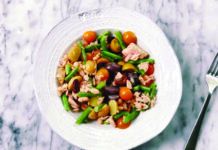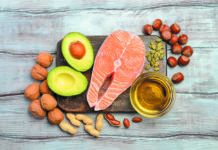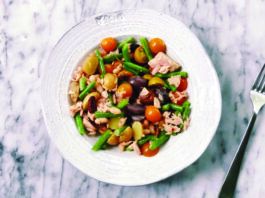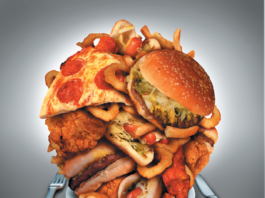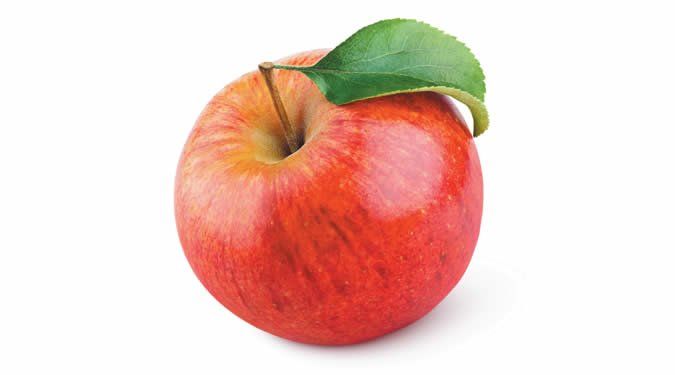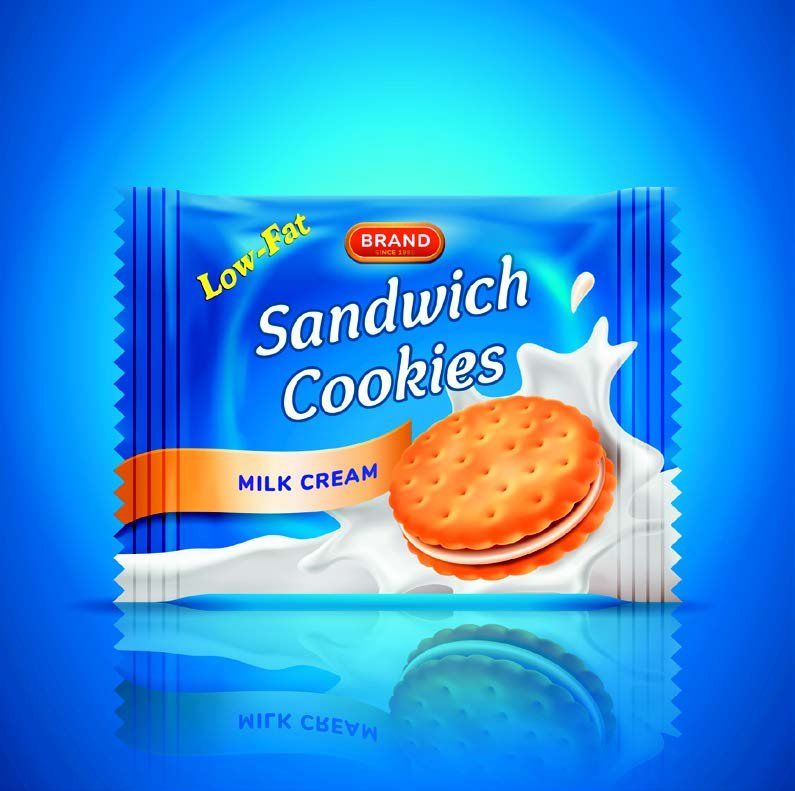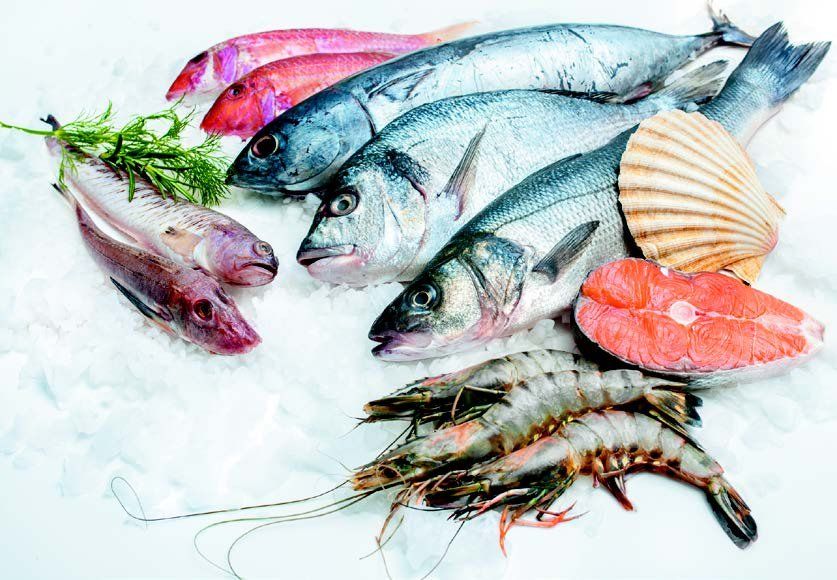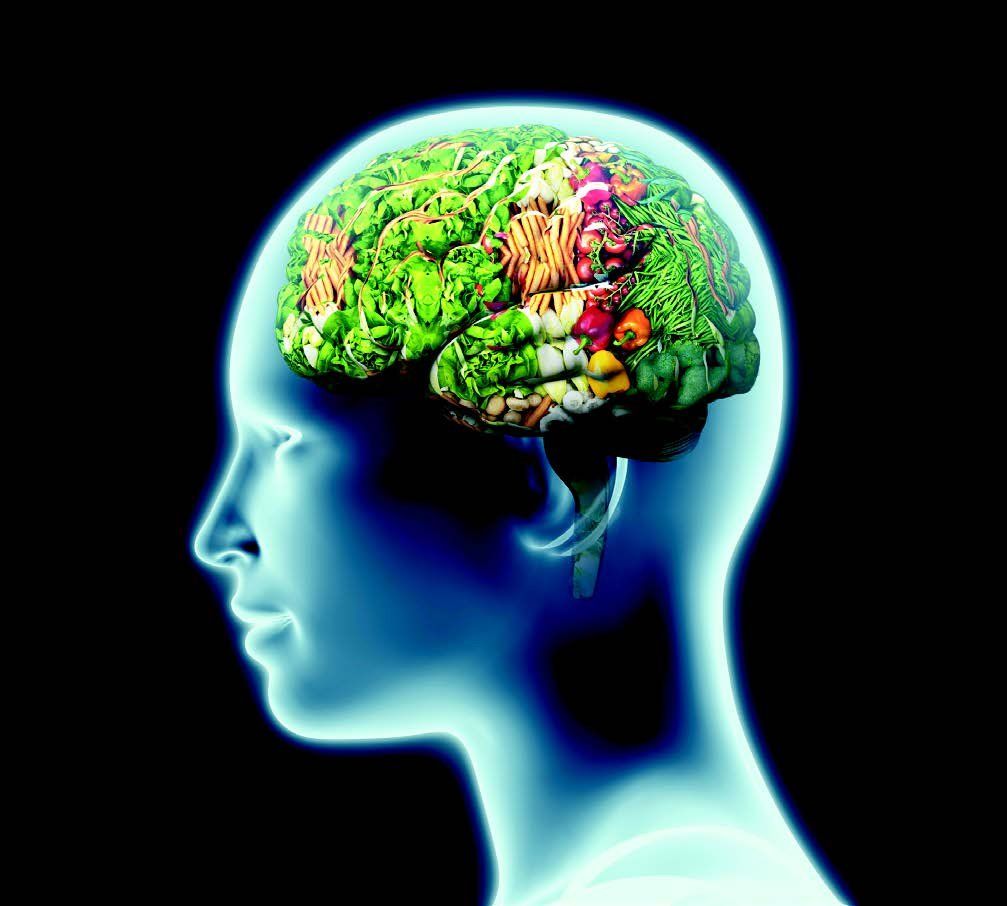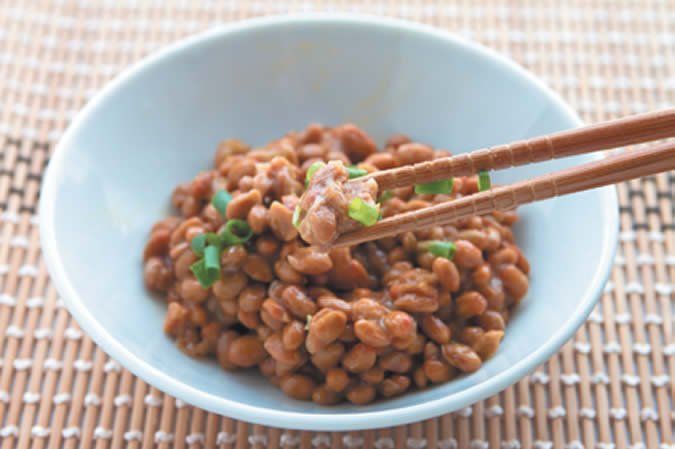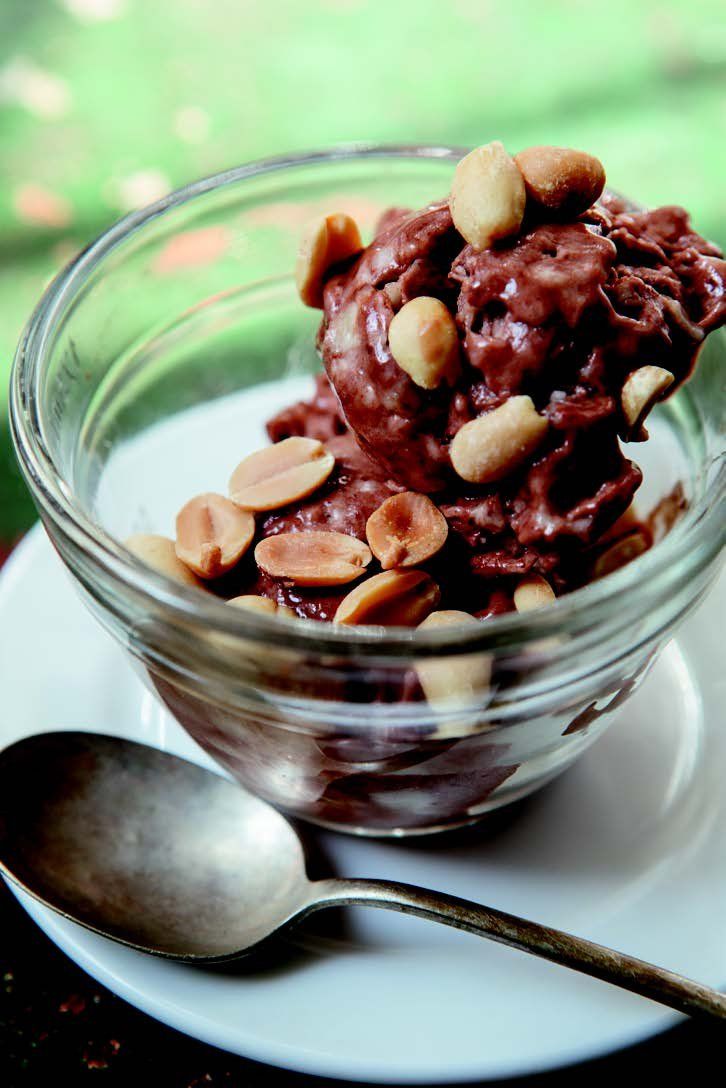Flavanols from Food Likely Better than Supplements
A recent study, published in the American Journal of Clinical Nutrition, determined that isolated flavanols did not have a beneficial impact on systolic blood pressure and other cardiometabolic markers.
No Weight Loss Boost from Intermittent Calorie Restriction
A randomized controlled trial recently published in the American Journal of Clinical Nutrition found little difference between an intermittent calorie-restricted diet and a traditional continuous calorie-restricted diet. This well-conducted study followed 150 overweight or obese participants for fifty weeks.
Why the Low-Fat Diet Failed
In the 1980s and 1990s, Americans were told that eating less fat would reduce risk for cardiovascular disease and obesity. Why didnt it work? Essentially, reducing total fat led to intake of more refined carbohydrates and less healthy fats, and both of these changes had negative health impacts.
Fish: Why (and How) to Choose this Healthful Protein
Dietary guidelines from governments and health organizations around the world agree: a healthy dietary pattern includes around two servings of fish a week. Most American adults get less than the recommended eight ounces per week. What makes fish such an important part of a healthy diet, and what are the best choices for health and the environment?
Diet and Alzheimers
Alzheimers disease accounts for 60 to 80 percent of the loss of memory and other cognitive abilities collectively known as dementia. There is no known food or diet that can prevent or cure Alzheimers dementia, but diet may help delay onset and slow progression.
Flounder Baked with Grapes and Almonds
Quick, easy, and elegant, this dish pairs perfectly with a whole grain side.
Q. Ive hear that Natto is good for preventing blood clots. Could you please...
Q. Ive hear that Natto is good for preventing blood clots. Could you please comment on the benefits, if any, of these Japanese fermented beans?
Should You Show Your Love with (Chocolate) Flavonoids?
Valentines Day is just around the corner, and many of us will say, I love you! with the classic gift of chocolate. Ever since scientists discovered that cocoa beans contain potentially health-promoting biologically active compounds, chocolate treats have taken on a healthy halo. February seems like the perfect time to examine the current state of science around this crave-worthy confection.
Cocoa Banana Ice Cream
Keep a bag of banana pieces in the freezer for a quick and delicious any-time chocolatey treat. (It works without the peanuts as well.)
Added Sugars: The Facts about Caloric Sweeteners
Americans consume 17 teaspoons of added sugars a day on average (more than one-third cup). Thats not to say we scoop that much into our coffee or tea. Sugar, in one form or another, is added to a huge variety of processed foods, from sweet drinks to cakes, cookies, candy, ice cream, and even breads, yogurt, and seemingly savory condiments and sauces such as ketchup and tomato sauce. Sugars and high added-sugar foods are not healthful choices, and switching sweeteners (say, from high fructose corn syrup to raw cane sugar) is not the answer.


